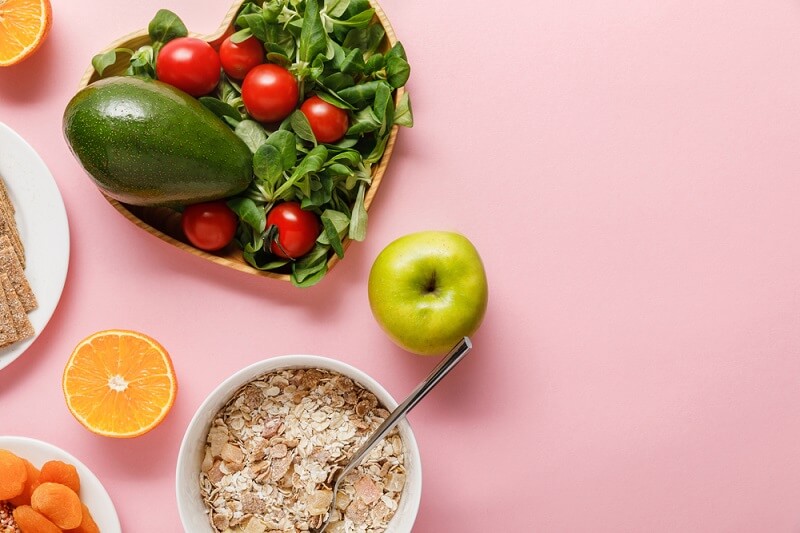The importance of nutrition and how a nutritionist can change your fertility journey.
If you are on your fertility journey currently and looking into IVF or other treatments, or if you are just thinking about when you’d like to have children it is important to focus on your nutrition. As many of us know, diet is very important for fertility. There is a range of vitamins and supplements that are recommended for women trying to conceive. Beyond supplements, working with a nutritionist could provide some added guidance and structure to your search for the perfect fertility diet.
Why is nutrition so important?
If you are struggling with infertility your doctor will talk to you about your diet and activity level. Diet and activity are important for a healthy lifestyle whether you are trying to get pregnant or not. A diet that is unhealthy and lacks the necessary nutrients can create difficulties when trying to conceive. Weight is also an important factor. Women with too low or too high BMIs often have issues conceiving, or can have complications during their pregnancies. Having a healthy weight and diet are steps you can take to put your best foot forward during your fertility journey. While it can be difficult to find a balanced diet you can stick to, a nutritionist can help you create a diet that you can commit to long term. [1]

What should I look for in a nutritionist?
Some nutritionists specialize in working with women to provide a diet plan that will improve their chances of conceiving. Fertility nutritionists focus on creating a diet for you that is optimal for fertility. Fertility nutritionists are also great options for those who have PCOS, diabetes, and any other hormonal imbalance. You can work on goals with your nutritionist such as weight loss or gain, balancing your hormones, egg health, regulating your cycle, and regulating a condition you may have.
When looking for a nutritionist you may be confused about where to start. You should ensure that the nutritionists you speak to are registered as dieticians. Registered dieticians have an education and formal training in the field. People may call themselves a nutritionist, but that doesn’t mean they have any related degree. You should also look for a nutritionist that will work with you to meet your goals. You should also speak with your doctor about your proposed plan with your nutritionist to ensure your health care providers are on the same page. [2]
How to plan a sustainable diet with a nutritionist?
Before you meet with a nutritionist it is good to do some research about what nutrients are recommended for pregnant women or women trying to conceive. You should also look at your fridge and pantry and assess the kinds of foods you eat now. Your nutritionist will ask you questions about your current diet and explain what nutrients you need. It is good to be prepared for this discussion.
Some nutrients that are recommended for women who are pregnant are folate and folic acid, foods such as spinach, cereal, and beans contain these nutrients. Calcium is also important; you can consume this through cereal, milk, cheese, yogurt, and spinach. Vitamin D is another important nutrient that can be consumed through milk, fish, juice, and eggs. Protein is also necessary, protein can be found in meat, fish, lentils, and peanut butter. There are many other nutrients besides the ones stated above that are recommended as well.
Your nutritionist will ensure you are getting these nutrients and more. You must be willing to make the effort to sustain the diet your nutritionist recommends. Your doctor should also be informed if you are deciding to make any drastic diet change. [3]
Sources:
1 https://www.webmd.com/infertility-and-reproduction/guide/infertility-age-weight-exercise





